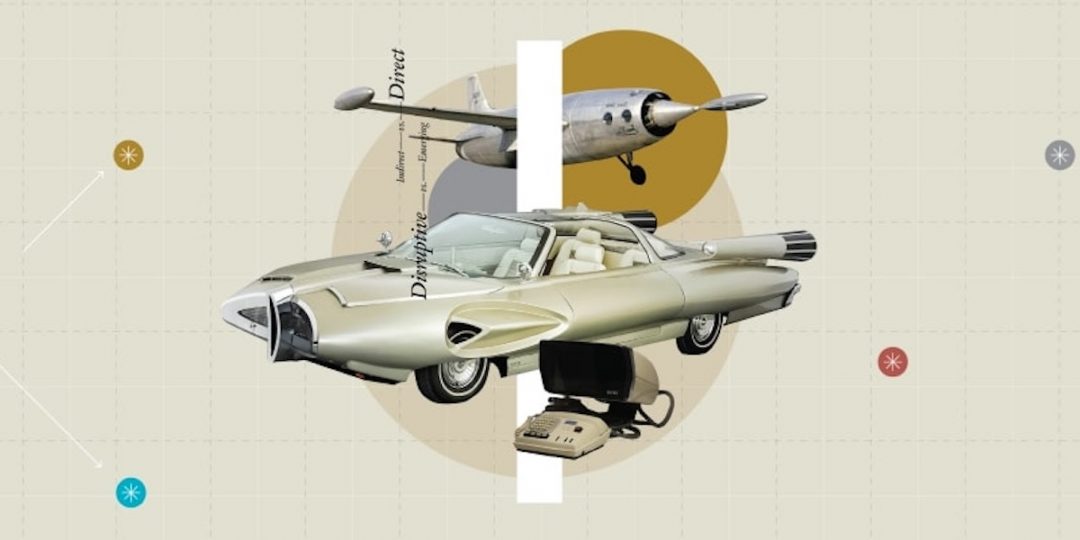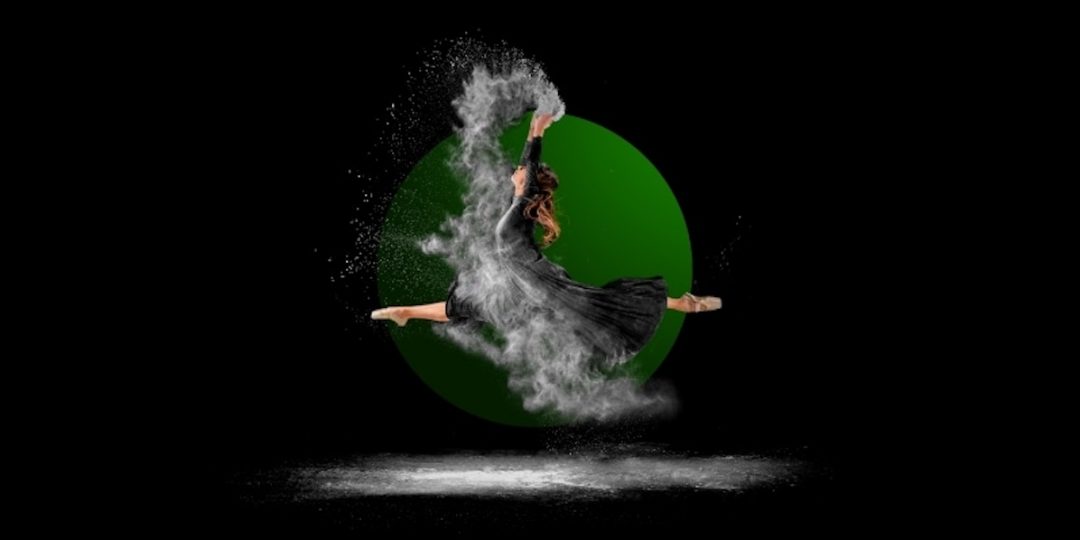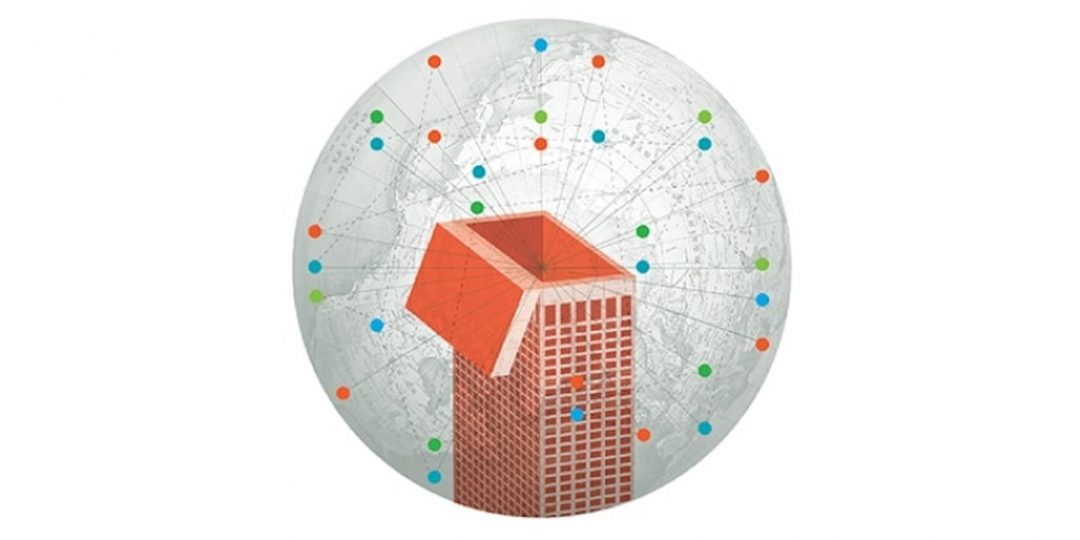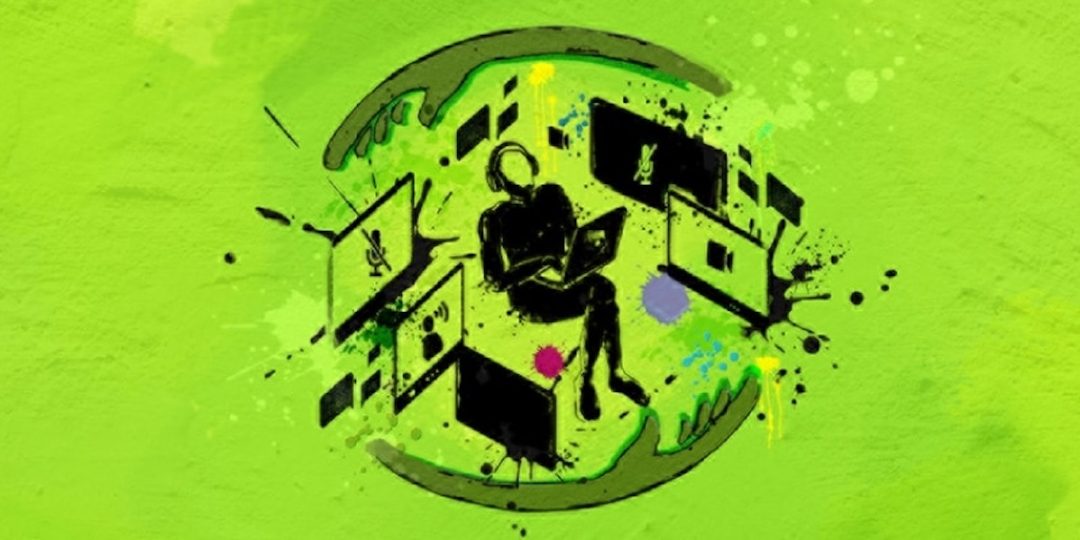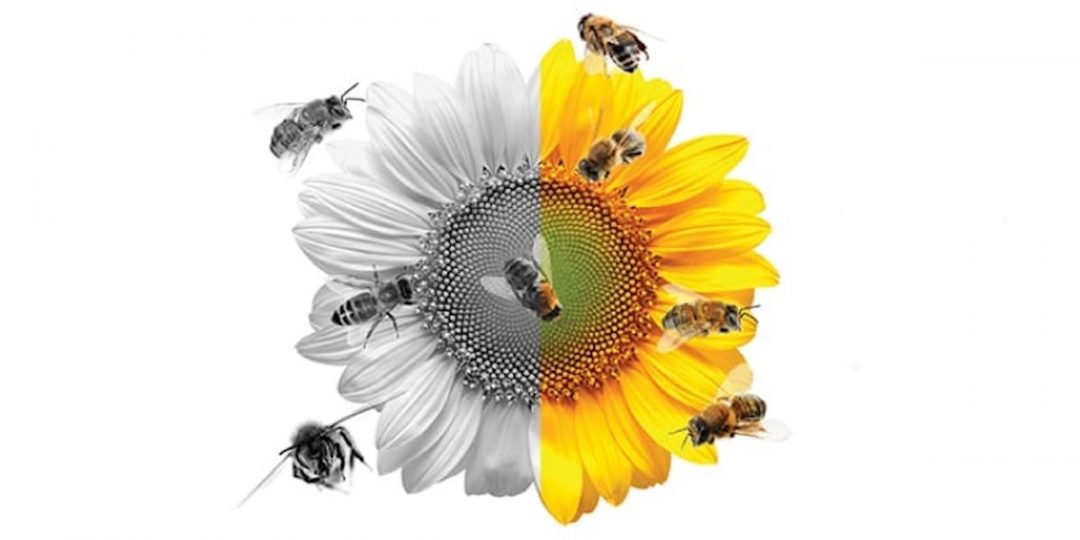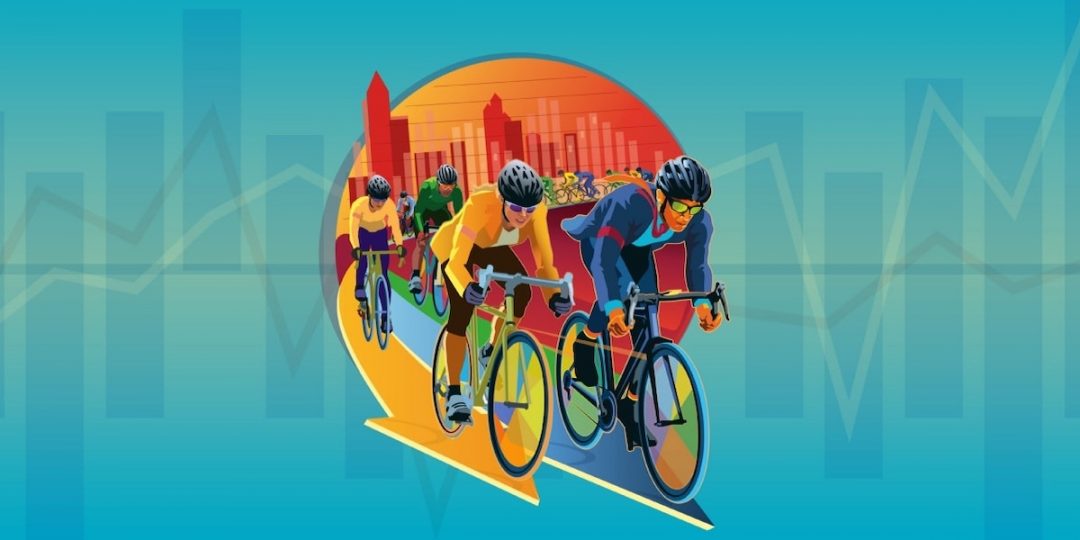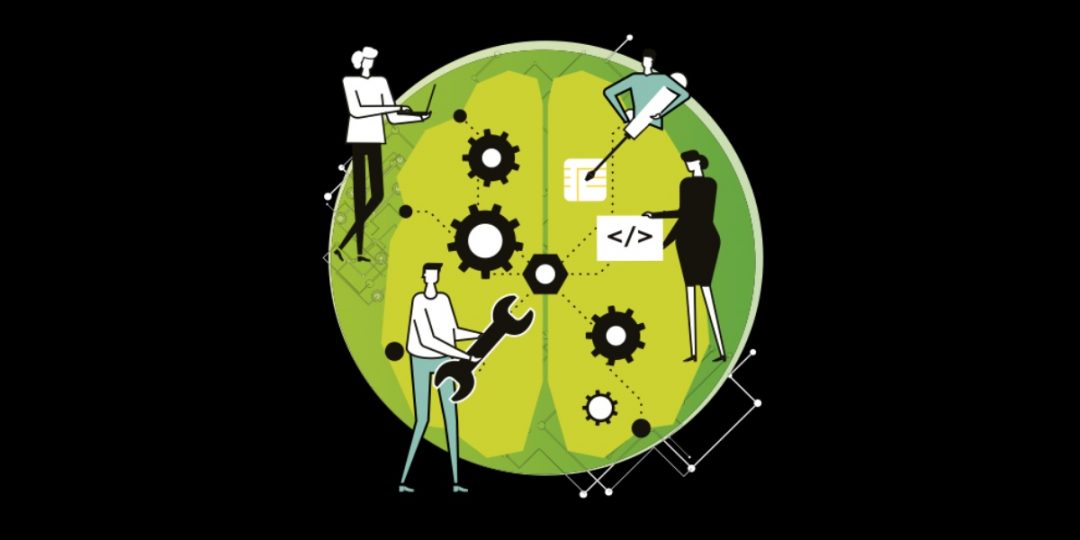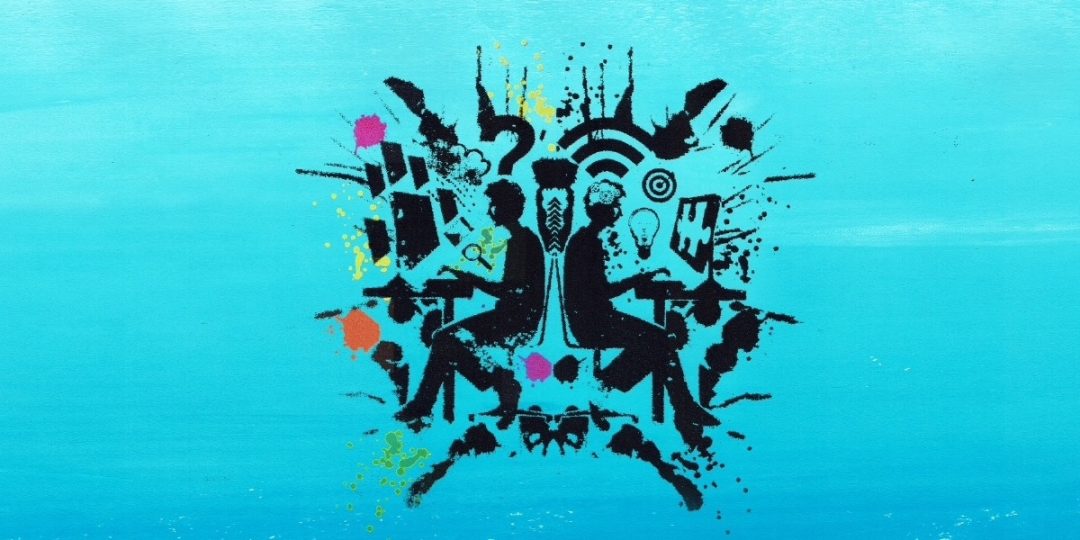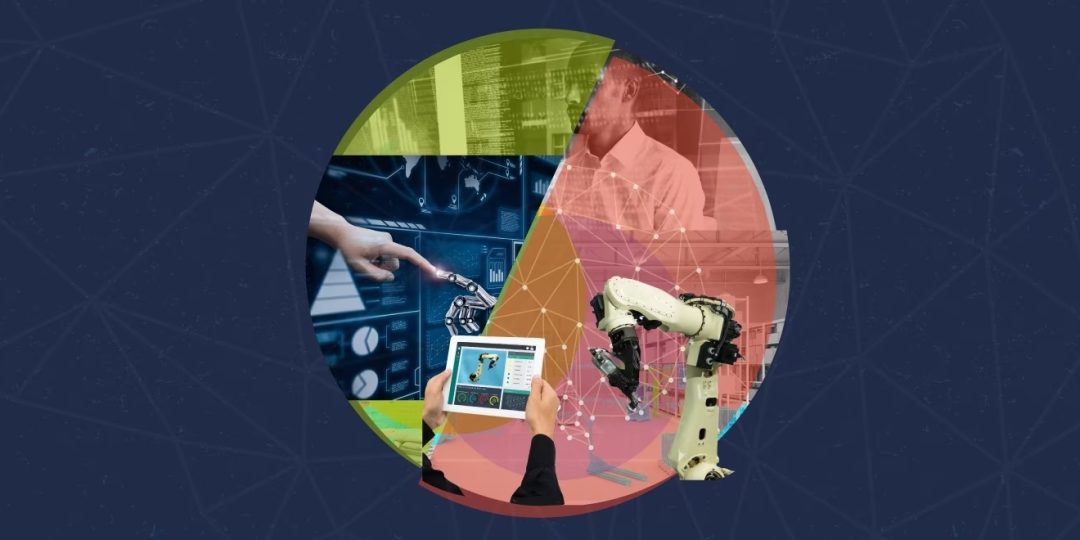We have a new essay published by Deloitte Insights, The real landscape of technology-enabled opportunity, where we look at how technology disrupts markets and society, creating opportunity.
Continue readingCategory: Publications
Setting the stage for creative performance
We have a new essay published by Deloitte Insights, Setting the stage for creative performance.> This essay is the follow-on to Unshackling the creative business from a couple of months ago.
Continue readingReconstructing the workplace
We have a new essay published on Deloitte Insights, Reconstructing the workplace: The digital-ready organisation. The essay follows on from The digital-ready workplace from last month. (We do seem to be publishing at a surprising rate at the moment.)
Continue readingThe digital-ready workplace
We have a new essay published in Deloitte Insights, The digital-ready workplace: Supercharging digital teams in the future of work, a collaboration with Rosemary Stockdale from Griffith Business School and Tim Patston from UniSA STEM at the University of South Australia.
Most (if not all) research groups have done a survey on the affect working from home has had—this is ours, though it’s ended up in a different place. We start by trying to understand the relative merits of a push or pull approach to support workers during the transition, where push is the usual “give them the tools and training we think they’ll need” while pull is empower and support workers in finding their own tools. Generally, a push approach works well when the challenge is understood beforehand, while a pull approach is better when the challenge is not well understood as it enables workers to adapt. We’d heard anecdotal stories that firms had taken different approaches, and we were wondering how the relative benefits and problems stacked up. What we discovered, once the data started coming in, was that we were asking the wrong question.
Continue readingUnshackling the creative business
We have a new essay published in Deloitte Insights, Unshackling the creative business: Breaking the tradeoff between creativity and efficiency. Creativity is seen as an import capability for an organisation to be successful in today’s volatile, uncertain, complex and ambiguous (VUCA) world. Significant effort has been invested in fostering creativity in business, effort which sadly is often wasted. This essay looks at why this might be the case and what we can do about it.
Continue readingBuilding the peloton
We have a new essay published in Deloitte Insights, Building the peloton: High performance team-building in the future of work. Jess Watson is the lead author of a report that looks into how we need to think a bit differently about teams, team work and leadership as the drive to create more agile organisations breaks down established organisation structures.
The report uses the analogy of a cycling peloton—the team-of-teams that competes and cooperates in a road cycling race—to integrate current research on team formation and operation in a world where firms function as a team-of-teams.
Continue readingDigital agency and the skills gap
The concluding report from Deloitte Centre for the Edge and Geelong Grammar Schooll‘ collaboration looking into digital skills in the workplace, Digital agency and the skills gap, has been published by Deloitte, Australia. This report pulls together the results from across the project to provide an overview of the journey and the findings.
Continue readingThe digital-ready worker
To be effective in an increasingly technological workplace, workers must know, not just how to use digital tools, but when and why to use them. Critical to this ability is digital agency: the judgment and confidence required to navigate and be effective in unfamiliar digital environments.
Continue readingThe new division of labor
I, along with Alan Marshall and Robert Hillard, have a new essay published by Deloitte Insights – The new division of labor: On our evolving relationship with technology. This is the latest in an informal series that looks into how artificial intelligence (AI) is changing work. The other essays (should you be interested) are Cognitive collaboration, Reconstructing work and Reconstructing jobs.
Over the last few essays we’ve argued that humans and AI might both think but they think differently, though in complimentary ways, and if we’re to make the most of these differences we need to approach work differently. This was founded on the realisation that there is no skill – when construed within a task – that is unique to humans. Reconstructing work proposed that rather than thinking about work in terms of products, processes and tasks, it might be more productive to approach human work as a process of discovering what problems need to be solved, with automation doing the problem solving. Reconstructing jobs took this a step further and explored how jobs might change if we’re to make the most of both human and AI-powered machine using this approach, rather than simply using the machine to replace humans.
This new essay, The new division of labour, looks at what is holding us back. It’s common to focus on what’s known as the “skills gap”, the gap between the knowledge and skills the worker has and those required by the new technology. What’s often forgotten is that there’s also an emotional angle. The introduction of the word processor, for example, streamlined the production of business correspondence, but only after managers became comfortable taking on the responsibility of preparing their own correspondence. (And there’s still a few senior managers around who have their emails printed out so that they can draft a reply on the back for their assistant to type.) Social norms and attitudes often need to change before a technology’s full potential can be realised.
Continue readingDigitalizing the construction industry: A case study in complex disruption
I, along with a Robert Hillard and Peter Williams, have a new essay published by Deloitte Insights, Digitalizing the construction industry: A case study in […]
Continue reading
